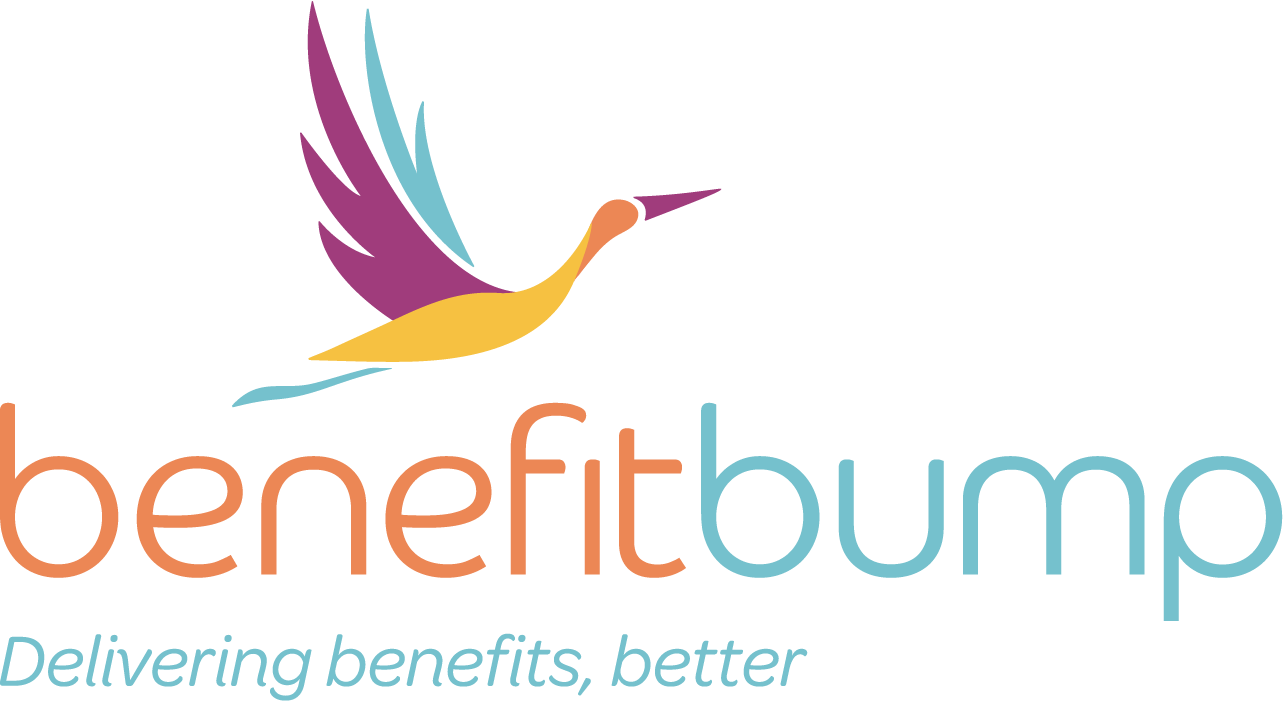
Employer Resources
At BenefitBump, we envision family-friendly workplaces where employer and family goals are achieved in harmony. To help employers achieve this, BenefitBump has compiled these resources to help your company better support its employees — personally and professionally.
All Things Leave for Growing Families Webinar
The leave process and experience is an important and increasingly complex element that impacts employees at critical moments in their lives and results in a negative ROI for employers if not successful. Success requires: eliminating silos, personalizing support, and simplifying the process.
Geeking Out On All Things Growing Families
In this webinar we geeked out with the BenefitBump founding team on insights, observations, and a transparent look at how growing families receive, understand, and use the resources their employers and vendors provide.
Black Maternal Health Webinar
Black women have worse outcomes as compared to any other racial or ethnic group during childbirth. This webinar outlined the black maternal mental and physical health crisis and how employers can help.
BenefitBump’s How-To Workshop Series
This 2-part workshop helped consultants and HR teams with tangible solutions to accomplish common HR and total rewards goals.
We heard from Securian’s Lydia Jilek and Kindbody’s Sheri Keller, on the topics of supplemental health benefits and family building benefits.
Care Navigators Share How they Support Growing Families
Panel discussion with the BenefitBump team highlighting the supports that growing families need and want from their employer.
Benefit Design with Growing Families in Mind
34% of moms will leave their employer within one year after returning from maternity leave, with 75% of those moms going to work for another employer.
During this webinar, Securian, Urbansitter and KindBody shared good, better, and best strategies for meeting the needs of growing and working families.
Download the White Paper: Solving the Retention Gap
In BenefitBump’s white paper: Solving the Retention Gap, we describe the discord between what working parents are asking for and the benefits provided by employers. Employees are looking for help navigating benefits and resources, solving for underlying stressors, and someone to help them with return-to-work support. Because our program addresses employees’ self-identified needs, BenefitBump has achieved a 100% return-to-work rate and increased employee loyalty.
Financial Well-being for Growing Families
In BenefitBump’s first edition of our Wellbeing Webinar Series, we tackled the financial challenges and needs of new/expectant parents with David Stedman, founder of BrightDime. The statistics are sobering for WORKING new/expectant parents with nearly half living month-to-month financially and 54% of new moms returning to work early due to financial challenges.
Measuring the Impact of Family-Friendly Benefits
In BenefitBump’s next Equity Series Webinar, we explored the type of data employers and consultants should collect and compile to assess the effectiveness of and need for family-friendly benefits. Emvitals also presented compelling data on the complexities new/expectant parents juggle during and after their path to parenthood.
Download the Manager’s Guide to Supporting Pregnant and Adopting Employees.
How can you help create an inclusive culture for new parents at work?
In BenefitBump’s Guide to Solving for Equity in the Workplace we boil down our Equity Series to actionable steps that organizations can take to improve equity in the workplace and improve the employment value proposition.
Download our Guide to Solving for Equity in the Workplace
In December 2020, BenefitBump conducted a survey to better understand how organizations were deploying benefit plans and policies that support growing families and working parents.
How do your company’s family-friendly benefits stack up to other U.S. companies?
The BenefitBump Podcast
Engaging discussions to help employers and leaders create workplace cultures that prioritize family-friendly supports and emotional wellbeing.













